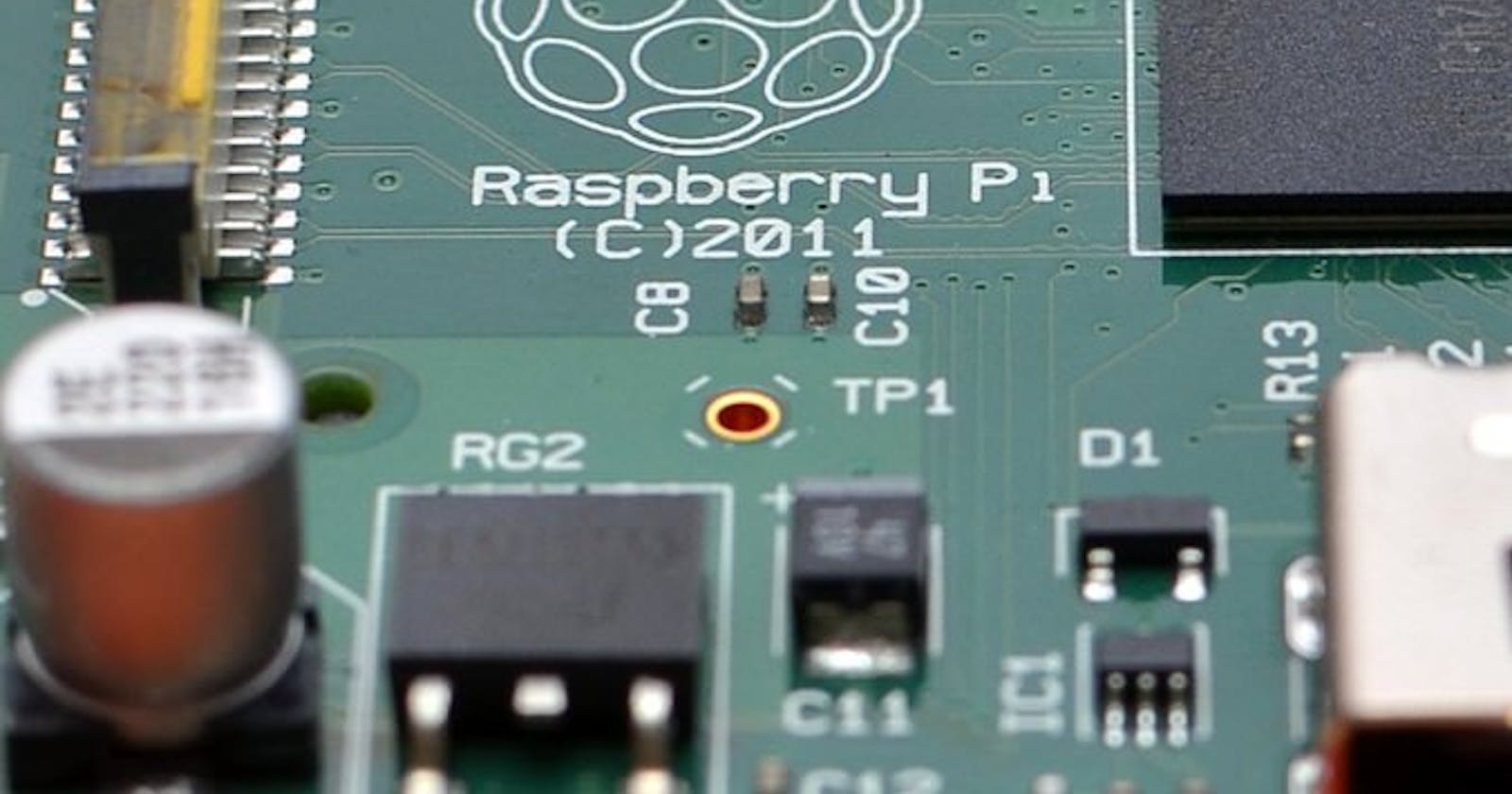MicroSD cards have a limited lifespan. The more you write to them, the greater the chance of failure. Thankfully this chance is incredibly small, and the whole card can be written thousands of times between failure (depending on the make and quality of course)
If you are running the Raspberry Pi OS (formerly known as Raspian) -- which is a derivative of Debian -- there are many routine activities that cause writes to happen. Kernal logs, syslogs plus several others are written to as events occur within the operation system.
To save wear and tear on your microSD card and thereby prolong its life, you should implement Log2Ram.
Log2Ram
This script will create a mount point in RAM and direct the system to write the logs there instead of to disk. A CRON job is also created that will synchronize the RAM folder with the original folder created on disk.
I use Log2Ram on every Raspberry Pi build I do, part of my own customizations.
I hope you find this tip useful.

